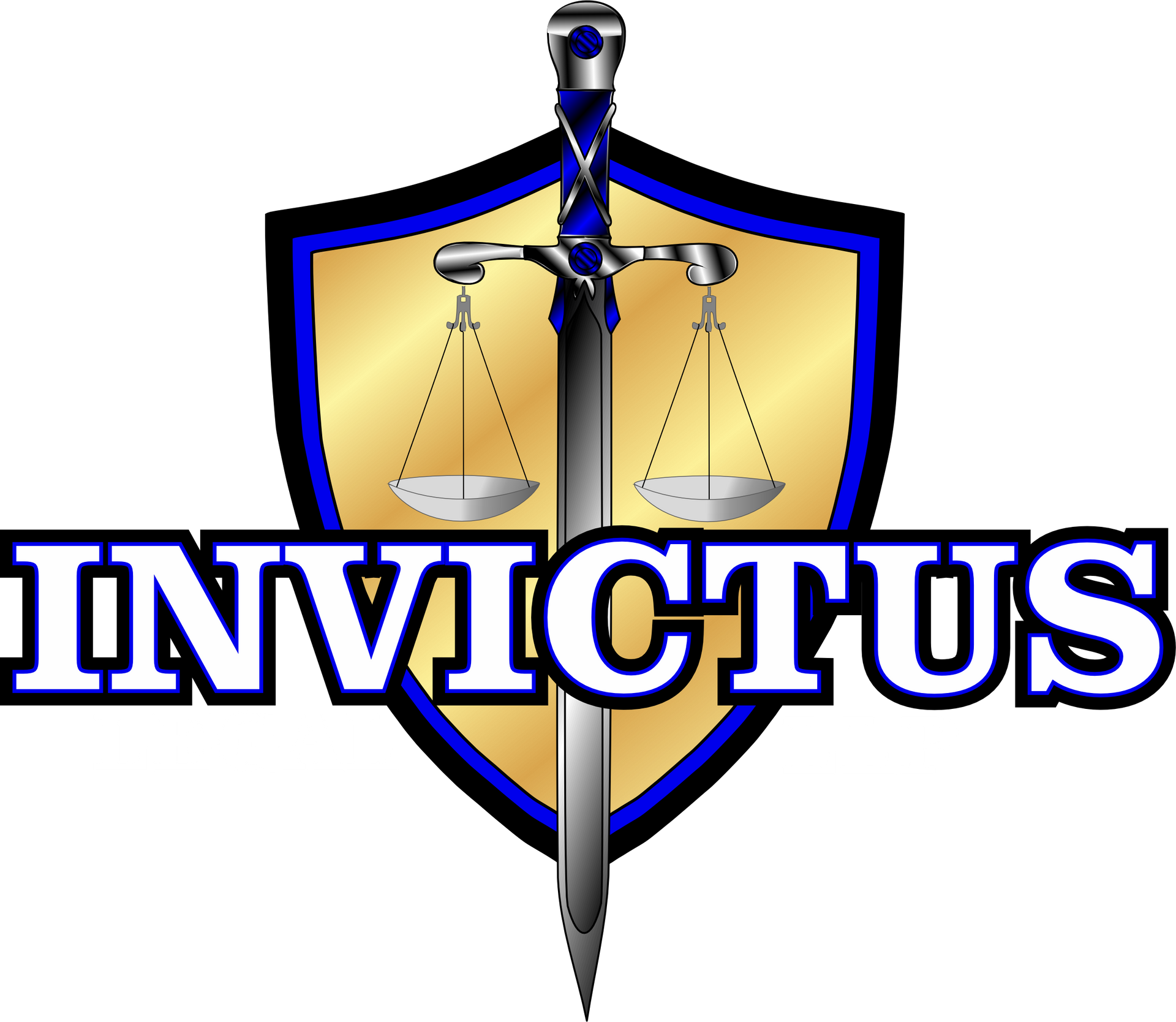Municipal Law
Municipal Law
Canadian law is structured at three distinct levels, federal, provincial, and municipal. Municipal law is a branch of law that is (slightly) different for each municipality. St Catharines, Niagara Falls and Toronto have different rules, albeit founded on the same federal and provincial laws. At a local level, municipalities create those local rules through bylaws.
Municipal laws differ in each locale because each area has a different history, different priorities and different local approaches.
These unique local differences have developed over many years and reflect the distinct local character of your municipality. Many people need access to legal specialists to help them navigate through their unique blends of municipal law.
Having a team of legal professionals on your side gives you an advantage when navigating the bylaws used in your municipality. This is where Invictus Legal LLP can help you navigate local laws. In Ontario, these rules have been defined through the following acts:
- Municipal Act, 2001, S.O. 2001, c. 25
- Planning Act, R.S.O. 1990, c. P.13
- Ontario Building Code
- Ontario Fire Code
- and other applicable laws.
Municipal bylaw officers govern bylaws in each municipality.
Municipal bylaws govern how new homes are built, the rules used for hotels and commercial buildings, property taxes and other local priorities. Invictus Legal LLP is your partner when navigating through municipal laws.

